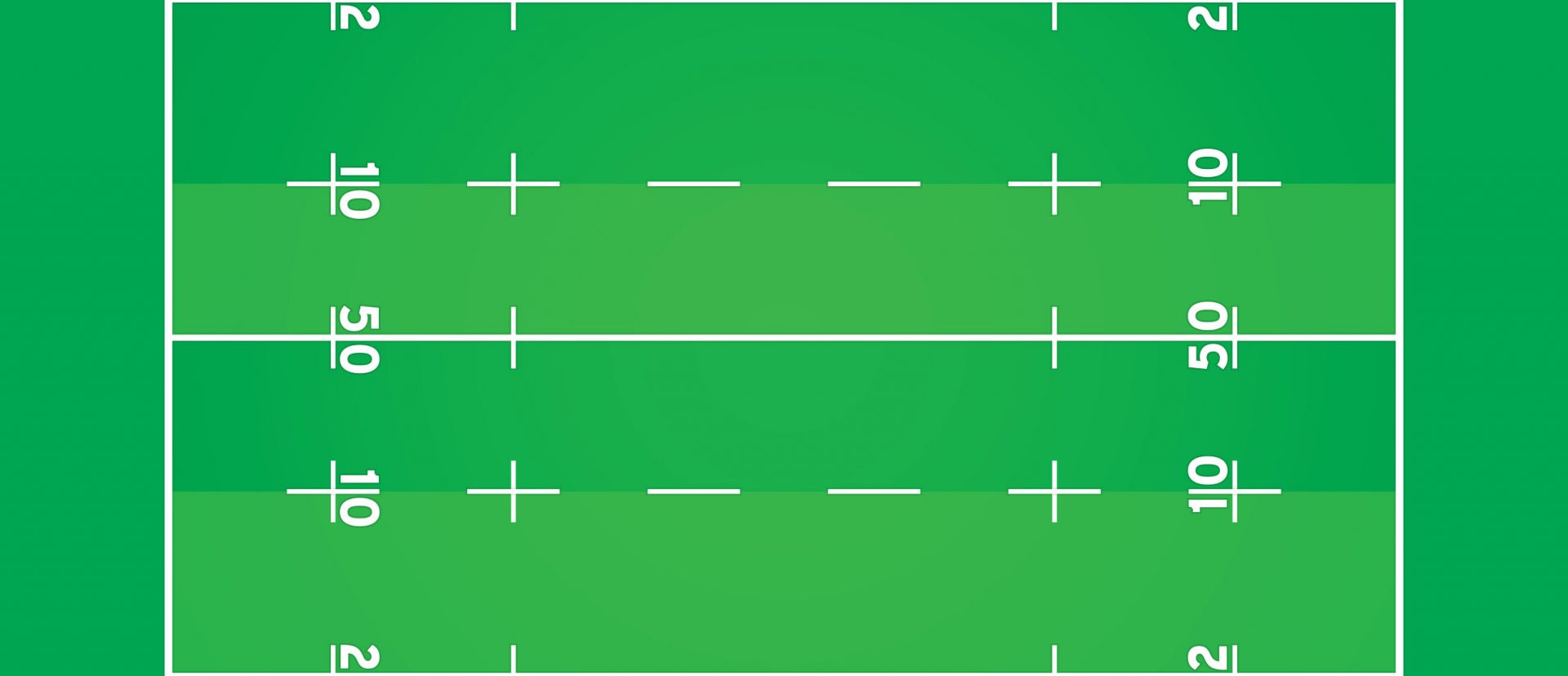In the Saracens case, an independent disciplinary panel of England’s foremost professional rugby league, Premiership Rugby (the “Panel”), was confronted with a competition law challenge to the legality of a salary cap put in place by Premiership Rugby. However, the Panel rejected these claims, finding that agreements concerning wages and salaries cannot be categorised as restrictive “by object.” It also rejected the claim that there was a harmful effect upon competition, finding no evidence to show that the recruitment of rugby players had been adversely affected. To the contrary, the Panel ruled that the salary cap was actually beneficial to competition as it ensured that clubs as well as Premiership Rugby remained financially viable and it protected competitive balance in the league. The decision is a game changer as it potentially opens the way for other sports organisations to adopt salary caps, and greater financial regulation in sport.
By Benoît Keane1
I. INTRODUCTION
Sport is known for its game-changing moments, a point when the entire flow of a game shifts in a new decisive direction. However, there are also moments in law when a decision is delivered that changes the legal landscape. The judgment of the European Court of Justice concerning Jean-Marc Bosman’s challenge to the football transfer system was one such case. A game-changer: the principles of EU freedom of movement became enshrined into the gover
...THIS ARTICLE IS NOT AVAILABLE FOR IP ADDRESS 216.73.216.116
Please verify email or join us
to access premium content!

